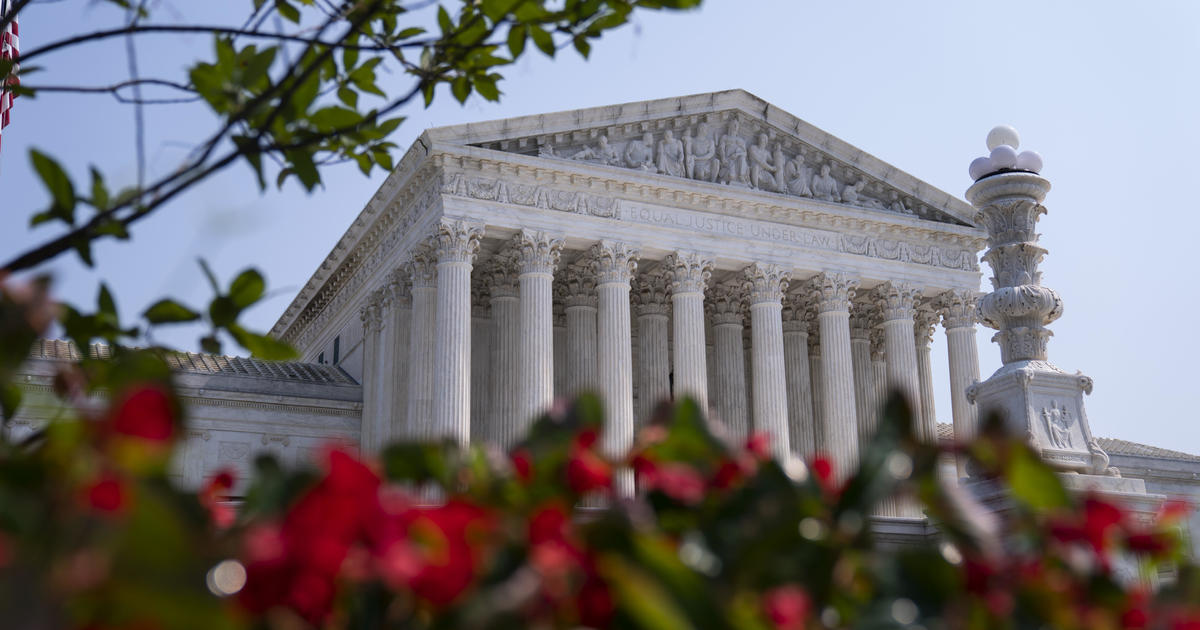
Supreme Court's new term brings fresh opportunity for conservative majority to flex its muscle
CBSN
Washington — The Supreme Court is set to gather Monday to kick off its new nine-month term, one that is expected to bring another round of divisive decisions on hot-button issues like affirmative action, voting rights, elections and LGBTQ discrimination, cases that could showcase the power of the court's six-justice conservative majority.
But as the justices prepare to take the bench — before members of the public for the first time since the start of the COVID-19 pandemic — the court is also confronting historically low levels of public confidence, which plummeted before and after the June decision unwinding the constitutional right to an abortion.
The high court's last term offered no shortage of blockbuster rulings expanding gun rights, reversing Roe v. Wade, curtailing the Environmental Protection Agency's power to combat climate change and protecting religious freedom, and the justices are hardly steering away from politically charged cases.
